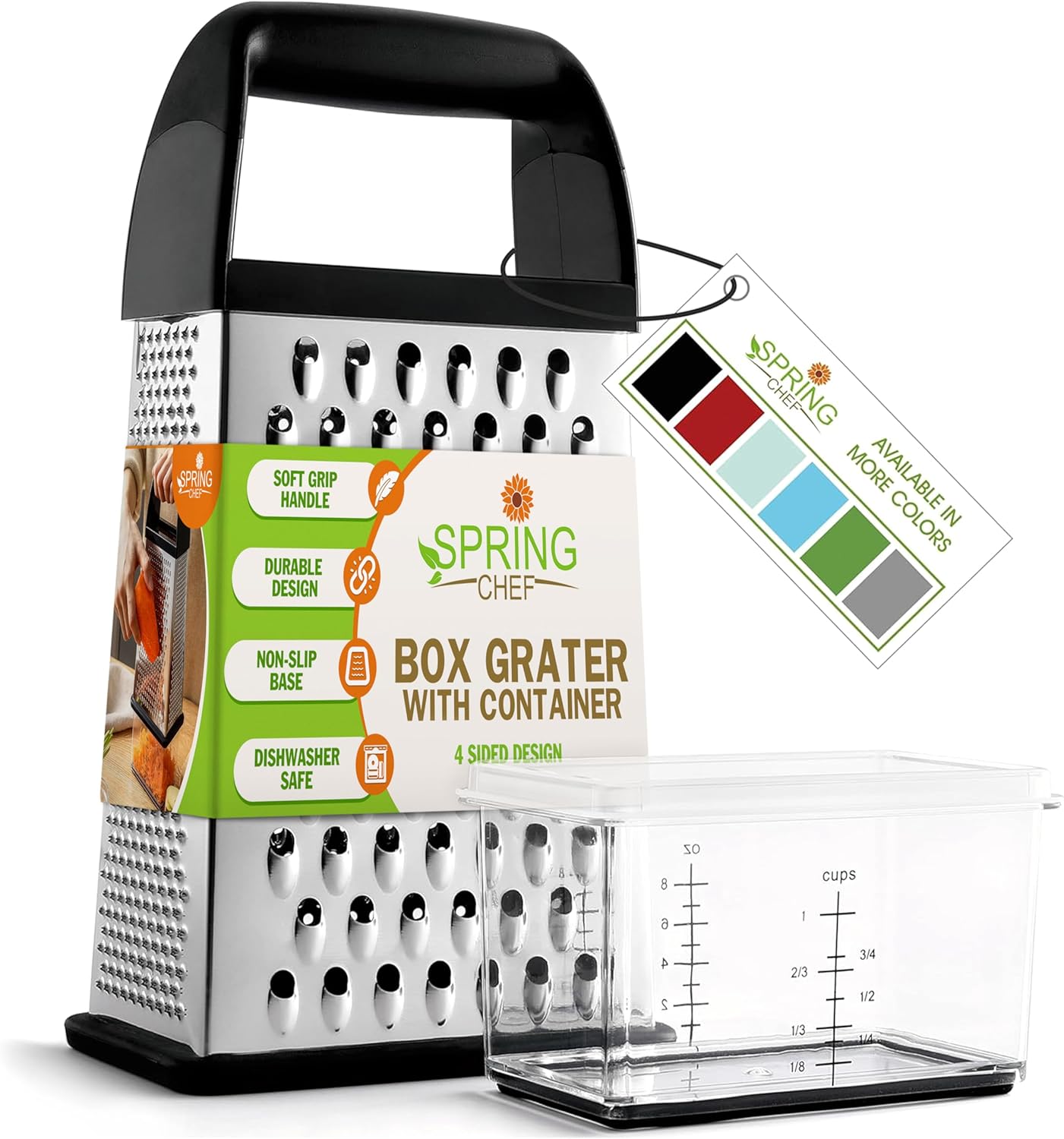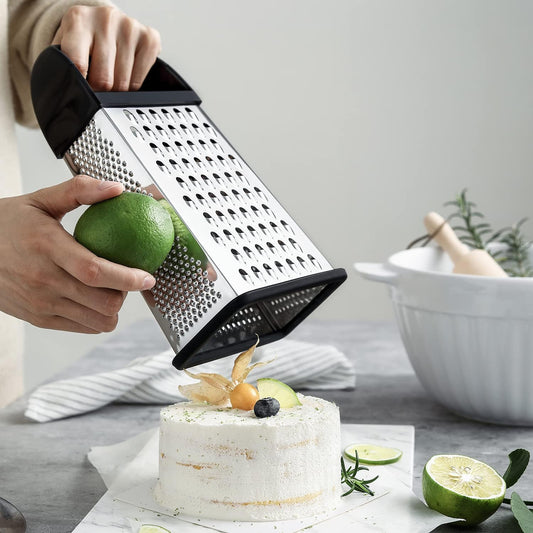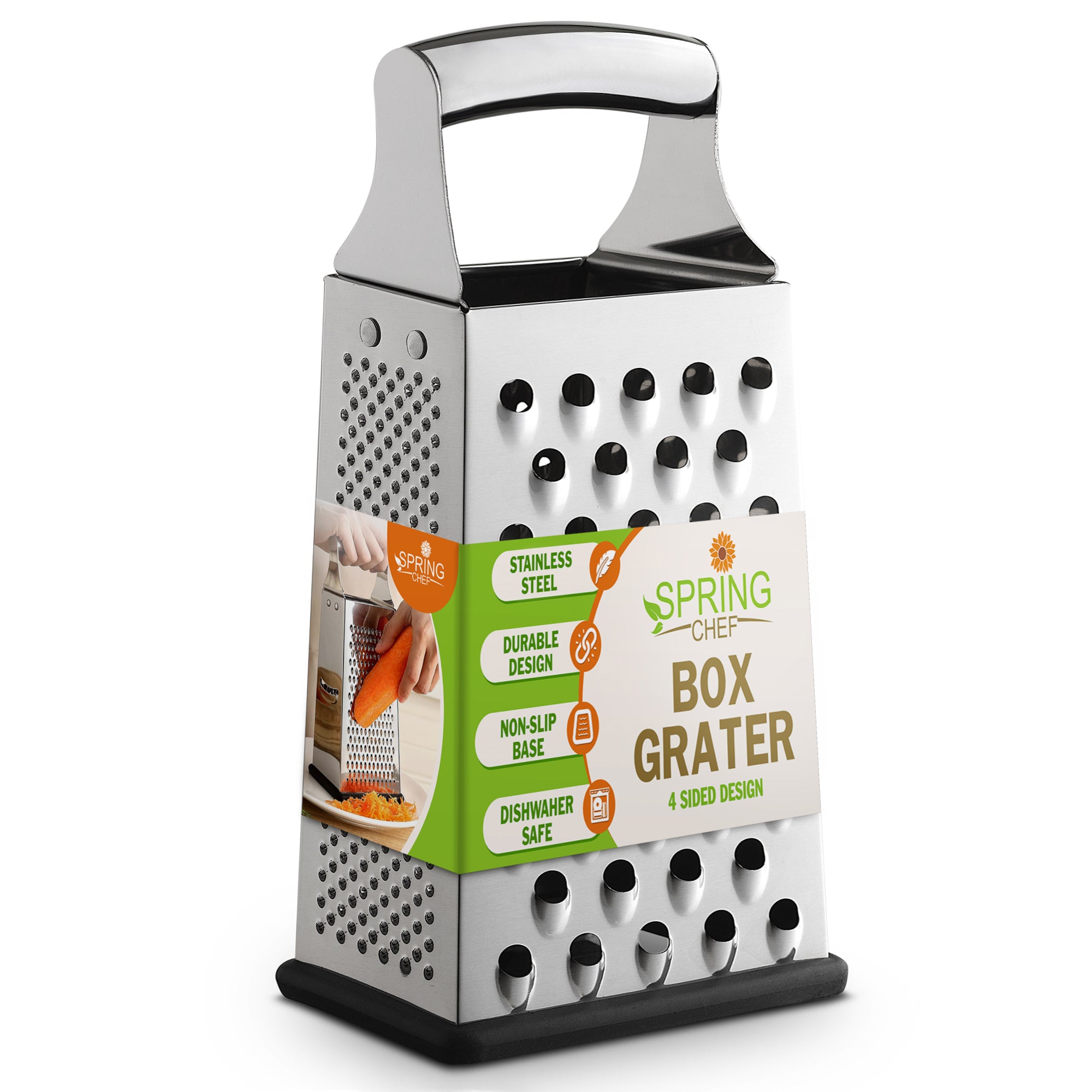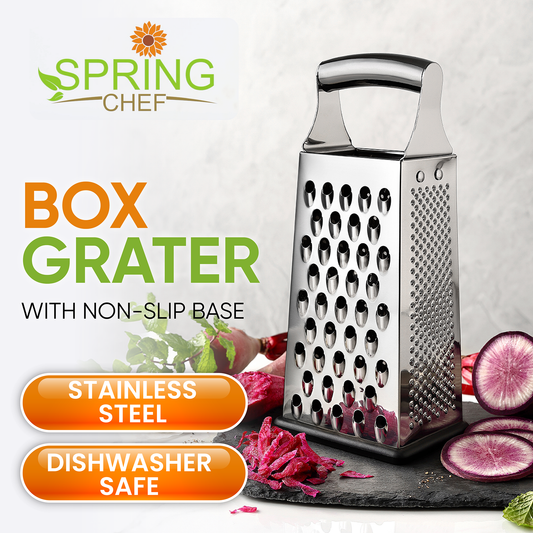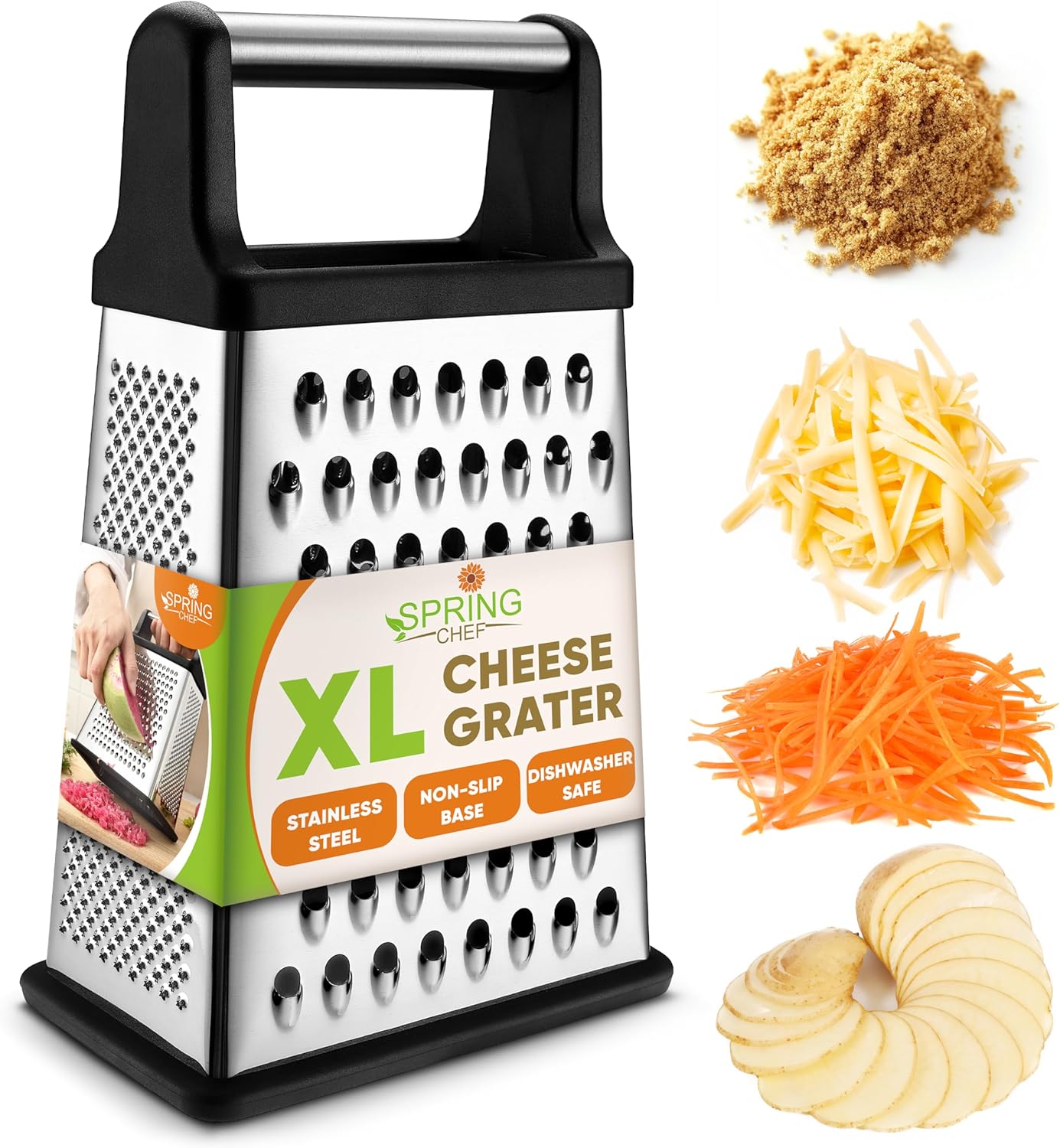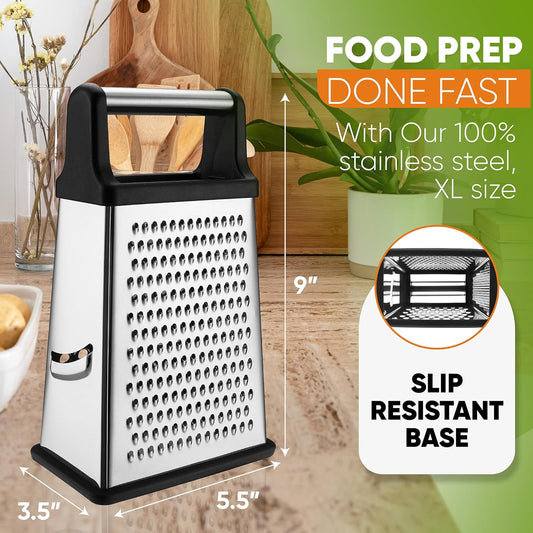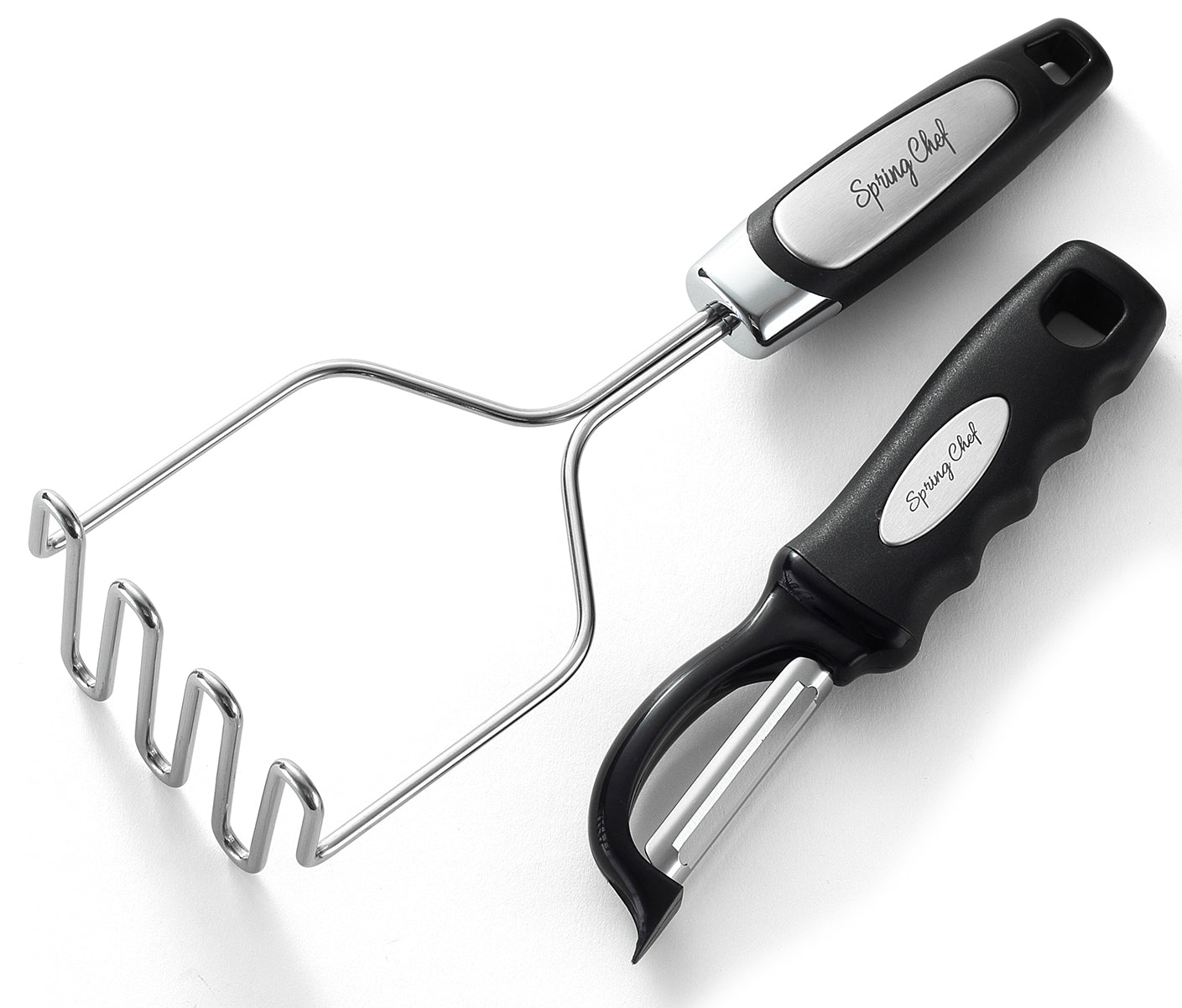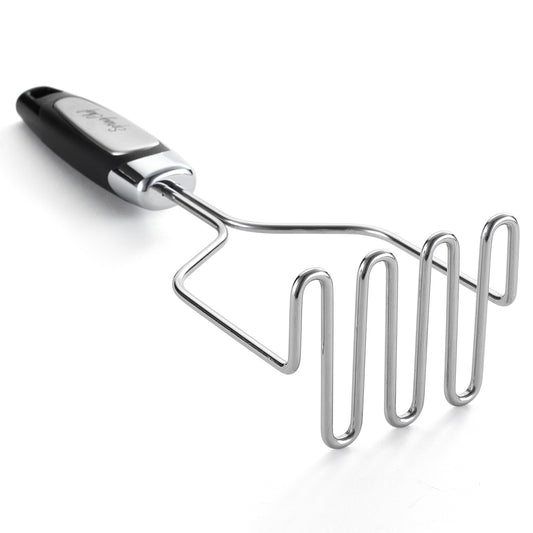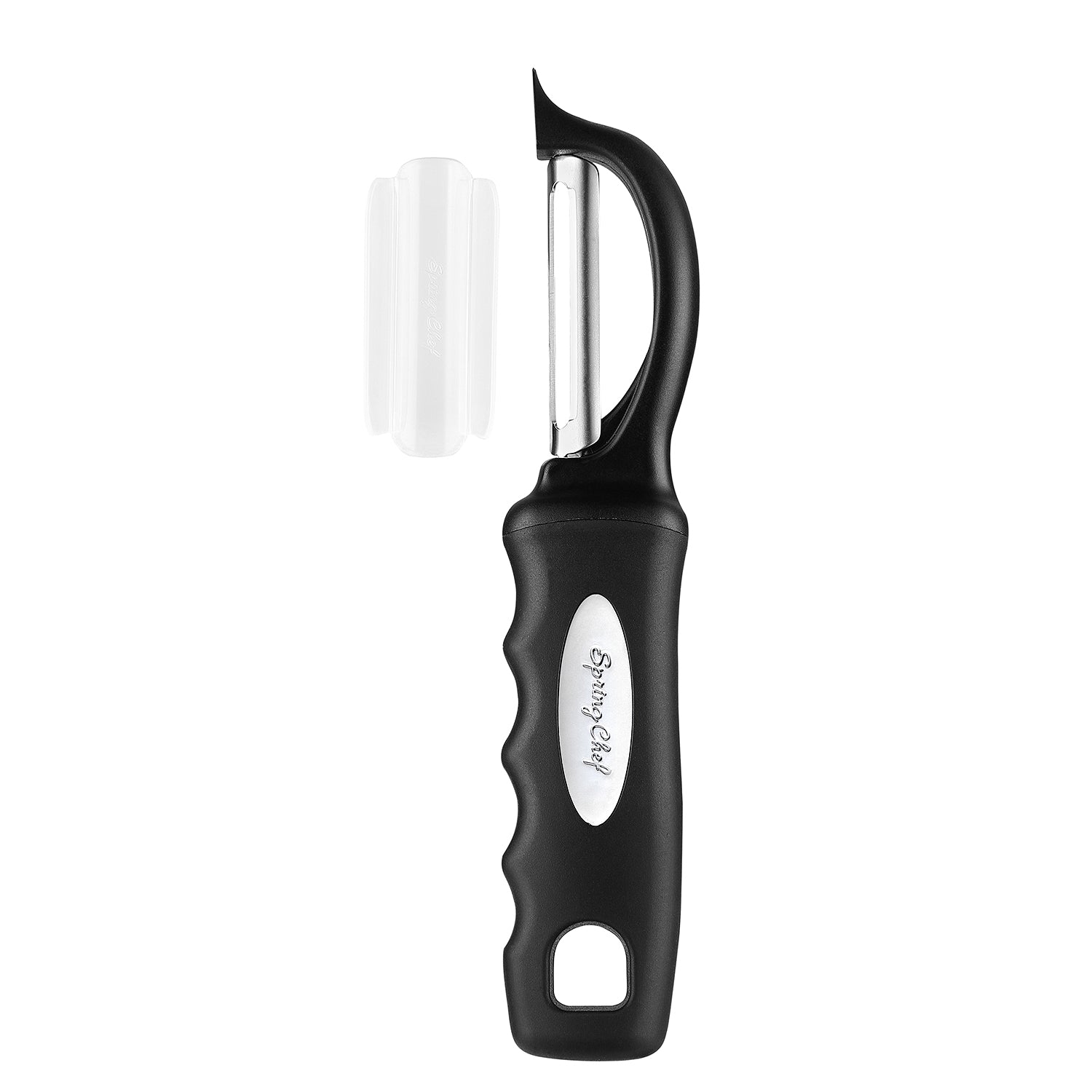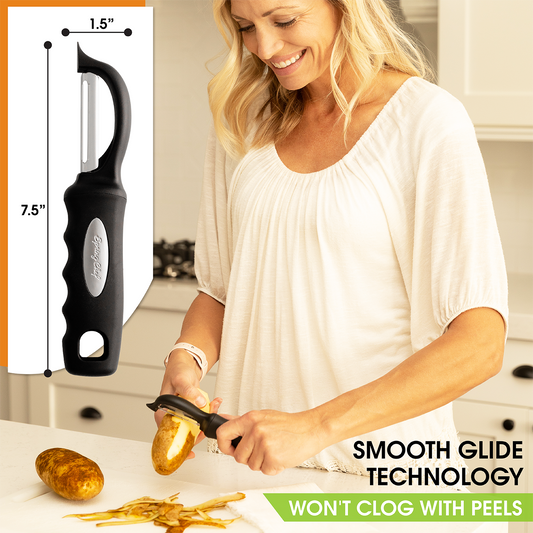How to Take Care of Your Non-stick Pans

Pans are one of the most essential tools in the kitchen. Whether you’re an expert or a beginner, pans are particularly useful to grill, sear, cook, and heat all sorts of dishes. When it comes to pans and skillets, the type of dish we see most at stores is nonstick pans. With their firmness and smoothness, they’re ideal to avoid getting food stuck or burnt.
There are many basic care tips for your nonstick pans such as handwashing them instead of placing them in the dishwasher, not using abrasive cleaning tools such as steel wool and washing brushes, or using abrasive cleaning products. If you want to know more care tips for your nonstick pans, keep reading.
Wash and season right away
The first thing you should know after you purchase a new nonstick pan or skillet is to wash it gently. You’ll want to remove any sticky residue from the packaging and dust or dirt from the store. Wash the pan with hot, soapy water, and let it dry.
After you’ve washed your pan it’s a good idea to “season” it, which is a process that evens out imperfections in the surface and coating, helping it last longer. To season your pan, rub some cooking oil softly on the surface, then heat the pan over medium heat for about 3 minutes. Once the pan cools down, wipe out the excess oil and store it.
Stay away from non stick sprays
This is probably a very unusual thing to hear, but the nonstick spray can actually end up having the exact opposite result on your food. The nonstick cooking spray needs higher temperatures than a regular cooking spray, and this high temperature can damage your pan prematurely.
Nonstick spray also builds up a thin coat that, over time, can completely ruin the surface of the pan. No matter how tempted you are to use nonstick oil, try to use regular oil or butter to cook and heat things up.
Use proper cooking tools
Nonstick pans might be a bit more resistant than they used to be, but they’re still delicate cooking tools that need to be taken care of properly. Don’t use knives directly on the pan (to cut food or scrape it), and don’t poke at the surface with sharp points such as forks. All of these actions could lead to chipping and scrapes at the smooth surface.
For best results, stick to wooden spoons, silicone spatulas, and other plastic tools, and stay away from metal utensils or tools that can have sharp edges.
Never overheat
You might hear this advice a lot when cooking meals and dishes: try to use high heat only under certain circumstances. Usually, low and medium heat is good enough to make any recipe and it will help the coating of the nonstick pan last longer. Asides from damaging the coating, cooking on high heat can release dangerous fumes from Teflon, the compound used to make nonstick pans.
If you want to take even further steps to protect your nonstick pan, never heat it empty. Make sure your pan always has oil, water, or food in it

